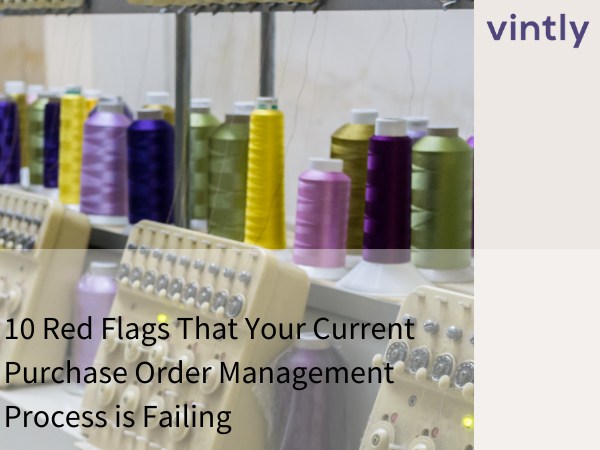Blockchain technology, an immutable and decentralized ledger system, has been making waves across multiple industries, and the supply chain sector is no exception. The technology's potential to revolutionize supply chain transparency is immense, offering a solution to many of the industry's long-standing challenges. This article explores the profound impact of blockchain technology on supply chain transparency.
Understanding the Current Challenges
Before delving into the solutions offered by blockchain, it's essential to understand the challenges currently plaguing supply chain transparency. In the existing system, there's a lack of visibility and traceability, making it difficult to track the origin, handling, and final destination of goods. This lack of transparency often leads to inefficiencies, fraud, counterfeiting, and unethical practices.
Blockchain as a Game-Changer
Blockchain technology, with its decentralized and immutable nature, has the potential to address these challenges head-on. Here's how:
1. Enhanced Traceability: Blockchain creates a permanent record of every transaction at every stage of the supply chain, from the raw material stage to the final product. This level of traceability and visibility ensures that every product can be tracked back to its source, making it easier to identify and resolve issues like counterfeiting and fraud.
For instance, in the diamond industry, Everledger is using blockchain technology to track the provenance of diamonds. Each diamond is assigned a digital thumbprint that is recorded on the blockchain. This thumbprint includes data about the diamond's color, carat, and certificate number, among other details. This information is then accessible to anyone on the network, making it easier to trace the diamond back to its source and verify its authenticity.
2. Greater Transparency: With blockchain, every transaction is recorded and visible to all participants in the network, making the entire supply chain process more transparent. This transparency can build trust among stakeholders, including suppliers, manufacturers, retailers, and consumers.
A good example of this is the food industry. Companies like Walmart are using blockchain to track food products from farm to shelf. Every participant in the supply chain – farmers, processors, distributors, and retailers – records their part of the journey on the blockchain. This means that anyone can trace a product back to its origin, which can build trust among stakeholders and consumers.
3. Improved Efficiency: Blockchain eliminates the need for intermediaries by enabling peer-to-peer transactions. This direct exchange can significantly speed up the process and reduce costs, making the supply chain more efficient.
The use of blockchain in financial services is a prime example. Traditionally, transactions involve multiple intermediaries, like banks, which can slow down the process and increase costs. With blockchain, transactions can be made directly between parties, without the need for a central authority. For instance, Ripple's blockchain solution enables direct transfers between parties, reducing the transaction time from days to seconds and cutting costs significantly.
4. Ensuring Ethical Practices: Blockchain's traceability features can help verify that products are sourced and produced ethically. For instance, it can confirm that a product labeled as 'fair trade' or 'organic' truly meets those standards.
An example of this is the use of blockchain in the fashion industry. Companies like Provenance use blockchain to verify the claims made by clothing brands about their products. For instance, if a brand claims that their clothing is made from 100% organic cotton, this can be verified on the blockchain. The cotton's journey from the farm, through the manufacturing process, to the final product can be traced and recorded on the blockchain, ensuring that the product truly meets the claimed standards.
The impact of blockchain on supply chain transparency is indeed transformative. By providing enhanced traceability, transparency, efficiency, and ethical assurance, blockchain technology is set to revolutionize the supply chain industry. However, it's important to remember that blockchain is not a magic bullet. Its successful implementation requires a collaborative effort from all stakeholders in the supply chain. As we continue to explore and understand this technology, one thing is clear: the future of supply chain management looks promising with blockchain.
.png)


